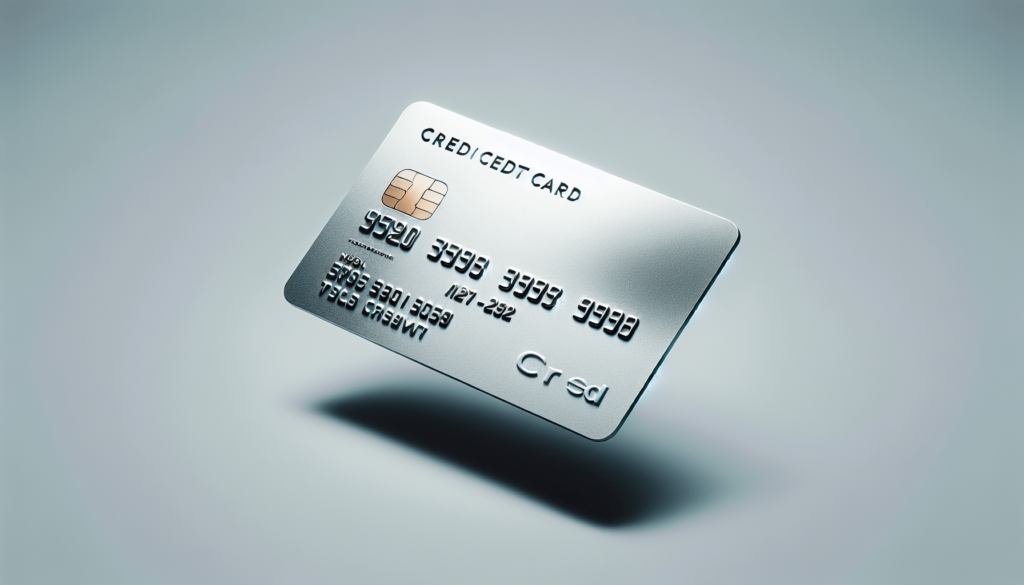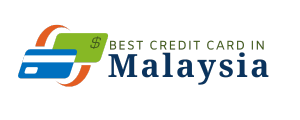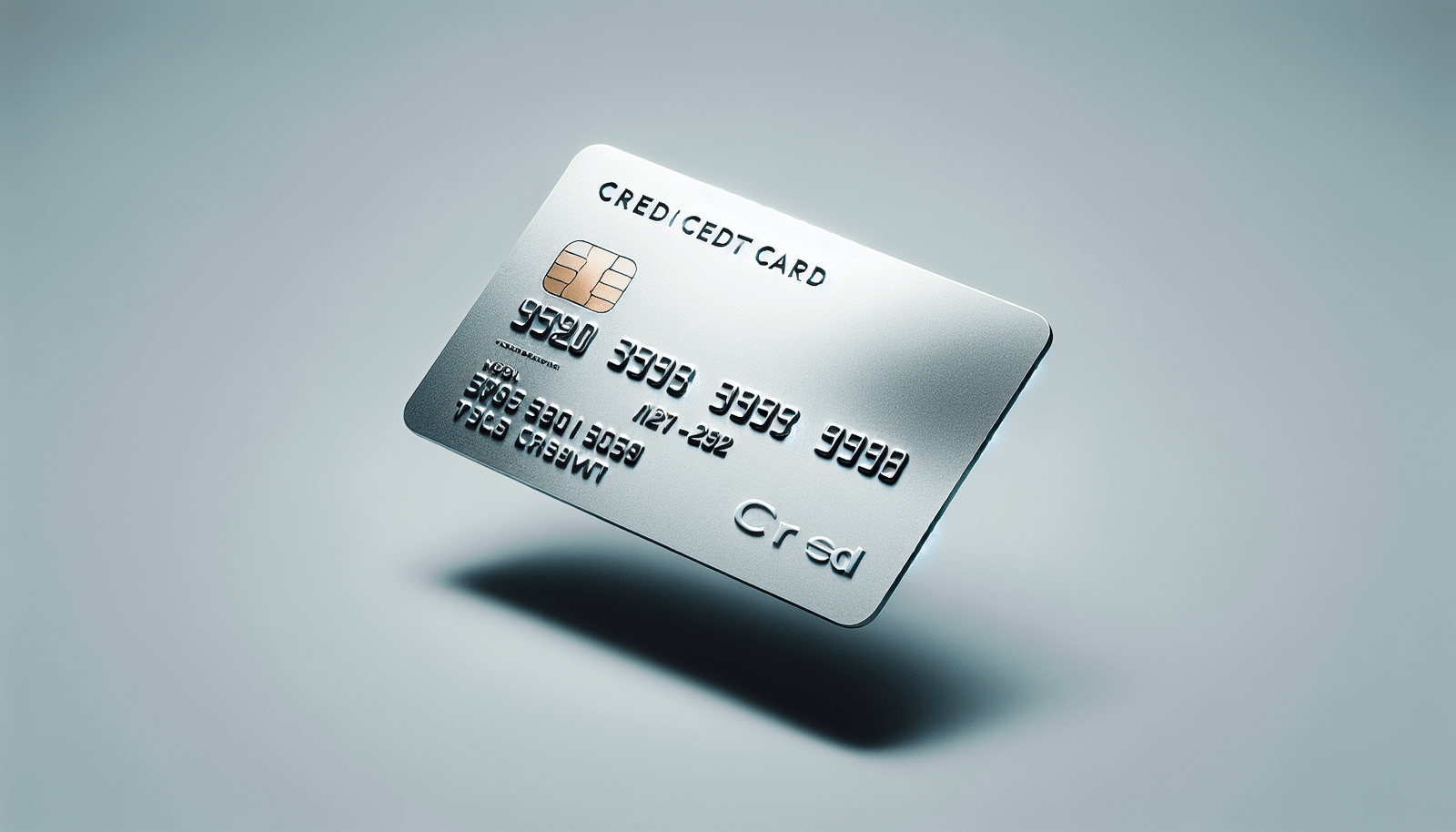If you’re looking for a comprehensive guide to understanding the fees and charges associated with Standard Chartered credit cards, then you’ve come to the right place. In this article, we’ll walk you through everything you need to know about the fees and charges that may apply to your Standard Chartered credit card, ensuring that you have a clear understanding of what to expect. From annual fees to late payment charges, we’ll cover it all, providing valuable insights and tips along the way. So, buckle up and get ready to navigate the world of Standard Chartered credit card fees and charges with ease.
Annual Fees
Annual fee for primary card
When it comes to the annual fee for your primary Standard Chartered credit card, you’ll be happy to know that it is transparent and easy to understand. The annual fee varies depending on the type of credit card you have, but it is clearly stated in your cardholder agreement. This fee is charged once a year and covers the cost of maintaining your credit card account.
Annual fee for supplementary card
If you have authorized additional cardholders for your Standard Chartered credit card, there may be an annual fee for each supplementary card. This fee is in addition to the annual fee for the primary card and is charged for each authorized user. The fee for supplementary cards is also clearly stated in your cardholder agreement.
Waiver criteria for annual fee
Standard Chartered understands that you may not always want to pay an annual fee for your credit card, which is why they offer waiver criteria for certain cardholders. The waiver criteria may vary depending on the type of credit card you have and your usage patterns. For example, if you meet a minimum spending requirement on your credit card within a specified period, you may be eligible for an annual fee waiver.
Interest Rates
Standard interest rate
The standard interest rate on your Standard Chartered credit card is the rate that applies to your outstanding balance if you do not pay it off in full each month. This rate can vary depending on the type of credit card you have, but it is clearly stated in your cardholder agreement. It’s important to note that the standard interest rate is typically higher than the promotional interest rates.
Promotional interest rates
Standard Chartered often offers promotional interest rates for specific periods of time. These rates may be lower than the standard interest rate and can apply to certain transactions such as balance transfers or purchases. The promotional interest rates are clearly communicated to you and are a great way to save on interest charges if you take advantage of them during the specified promotional period.
Interest-free period
One of the benefits of having a Standard Chartered credit card is the interest-free period. This is the period during which you can avoid paying any interest on your purchases, as long as you pay off the full balance by the due date. The interest-free period can vary depending on your credit card agreement, but it is typically between 20 to 52 days from the statement date. It’s important to take advantage of this period to avoid unnecessary interest charges.

Late Payment Fees
Late payment fee charges
Nobody likes to pay late payment fees, and at Standard Chartered, they understand that life can sometimes get in the way. However, it’s important to be aware of the late payment fee charges so that you can avoid them whenever possible. The late payment fee is charged when you fail to make a minimum payment by the due date specified on your credit card statement. The fee amount is clearly stated in your cardholder agreement and can vary depending on the type of credit card you have.
How to avoid late payment fees
To avoid late payment fees, it’s crucial to make your credit card payments on time. Here are a few tips to help you stay on track:
- Set up automatic payments: Consider setting up an automatic payment system to ensure that your credit card payment is made on time each month.
- Set reminders: If you prefer not to use automatic payments, set reminders on your phone or calendar to prompt you to make your payment before the due date.
- Pay online or through mobile banking: Take advantage of the convenience of online banking or mobile banking to make your payments quickly and easily.
- Make minimum payments at a minimum: While making the minimum payment helps you avoid late payment fees, it is still important to pay off your outstanding balance in a timely manner to avoid accruing unnecessary interest charges.
Cash Advance Fees
Cash advance fee charges
Sometimes you may find yourself in need of cash, and in those instances, you can utilize the cash advance feature on your Standard Chartered credit card. However, it’s important to be aware of the cash advance fee charges that may apply. The cash advance fee is charged when you withdraw cash using your credit card, and it is typically a percentage of the amount withdrawn. The fee amount is clearly stated in your cardholder agreement.
ATM withdrawal fees
In addition to the cash advance fee, you may also encounter ATM withdrawal fees when using your Standard Chartered credit card to withdraw cash. These fees are charged by the ATM operator and are separate from the cash advance fee charged by Standard Chartered. The ATM withdrawal fees can vary depending on the ATM and location, so it’s helpful to plan ahead and choose ATMs that offer lower or no fees.

Foreign Transaction Fees
Fee for foreign currency transactions
If you frequently travel or make purchases in foreign currencies, it’s important to be aware of the fee for foreign currency transactions. Standard Chartered charges a fee for transactions made in currencies other than your card’s default currency. The fee is usually a percentage of the transaction amount and is clearly stated in your cardholder agreement.
Currency conversion fees
In addition to the fee for foreign currency transactions, you may also encounter currency conversion fees when making purchases in a foreign currency. These fees are charged by the payment network (e.g., Visa, Mastercard) and are separate from the foreign currency transaction fee charged by Standard Chartered. The currency conversion fees can vary, so it’s worth checking with Standard Chartered for any specific details related to your credit card.
Balance Transfer Fees
Balance transfer fee charges
If you’re looking to consolidate your credit card debt or take advantage of a lower interest rate, you may consider a balance transfer using your Standard Chartered credit card. However, it’s important to be aware of the balance transfer fee charges. The balance transfer fee is a percentage of the amount transferred and is charged by Standard Chartered. The fee amount and other details will be clearly stated in your cardholder agreement.
Promotional balance transfer rates
Standard Chartered often offers promotional balance transfer rates, which can help you save money on interest charges. These rates are typically lower than the standard interest rate and apply to the amount transferred for a specified period of time. It’s important to note the duration of the promotional balance transfer period and any terms and conditions associated with it. Taking advantage of promotional balance transfer rates can be a smart financial move if you manage your payments effectively.
Minimum Payment
Understanding minimum payment
The minimum payment is the smallest amount you must pay on your Standard Chartered credit card each month to keep your account in good standing. It’s important to understand that the minimum payment is not the recommended amount to pay to avoid interest charges. Instead, it is designed to ensure that you make timely payments and manage your credit responsibly. The minimum payment is typically a percentage of your outstanding balance or a fixed amount, whichever is higher.
Calculating minimum payment amount
To calculate your minimum payment amount, you need to refer to your credit card statement or your cardholder agreement. It’s usually a percentage of your outstanding balance, such as 2-5%. For example, if your outstanding balance is $1,000 and the minimum payment percentage is 2%, your minimum payment would be $20. It’s important to note that paying only the minimum amount can result in higher interest charges and prolong the time it takes to pay off your balance, so it’s advisable to pay more than the minimum whenever possible.
Overlimit Fees
Overlimit fee charges
An overlimit fee may be charged by Standard Chartered if you exceed your credit limit on your credit card. This fee is designed to discourage overspending and encourage responsible credit card usage. The overlimit fee amount is clearly stated in your cardholder agreement and can vary depending on the type of credit card you have. It’s important to monitor your credit card spending and stay within your credit limit to avoid incurring overlimit fees.
Tips to avoid overlimit fees
Staying within your credit limit is crucial if you want to avoid overlimit fees. Here are some tips to help you manage your credit card usage effectively:
- Regularly monitor your credit card transactions and balance.
- Set up notifications or alerts to inform you when you are approaching your credit limit.
- Pay attention to recurring charges and ensure they are within your credit limit.
- If needed, request a credit limit increase to provide you with more breathing room.
- If you anticipate exceeding your credit limit, consider making a payment before the charges are posted to your account.
Returned Payment Fees
Returned payment fee charges
In the unfortunate event that a payment you made on your Standard Chartered credit card is returned unpaid, a returned payment fee may be charged. This fee is typically applied when there are insufficient funds in your bank account, the payment is rejected, or other similar reasons. The returned payment fee amount is clearly stated in your cardholder agreement and serves as a reminder to ensure that you have sufficient funds before making payments.
Avoiding returned payment fees
To avoid returned payment fees, it’s important to manage your finances responsibly. Here are a few tips to help you avoid such fees:
- Ensure that you have enough funds in your bank account before making credit card payments.
- Double-check all payment details, such as the correct payment amount and account number, before initiating the payment.
- Take advantage of automatic payments or scheduled payments to ensure that your payments are made on time.
- Monitor your bank account regularly to verify that the payments have been successfully processed.
Card Replacement Fees
Cost of card replacement
In the event that your Standard Chartered credit card is lost, stolen, or damaged, you may need to request a card replacement. There may be a cost associated with the card replacement, which is usually a nominal fee. The exact cost of card replacement can vary depending on your credit card type, and the fee amount will be clearly stated in your cardholder agreement.
Procedures for card replacement
To request a card replacement, you can contact Standard Chartered’s customer service helpline or visit a nearby branch. They will guide you through the necessary procedures and inform you of any documents or forms required. Once your request has been processed, your new credit card will be issued and sent to you. It’s important to note that the replacement process may take a few business days, so it’s advisable to report the loss or damage of your credit card as soon as possible to minimize any inconvenience.









